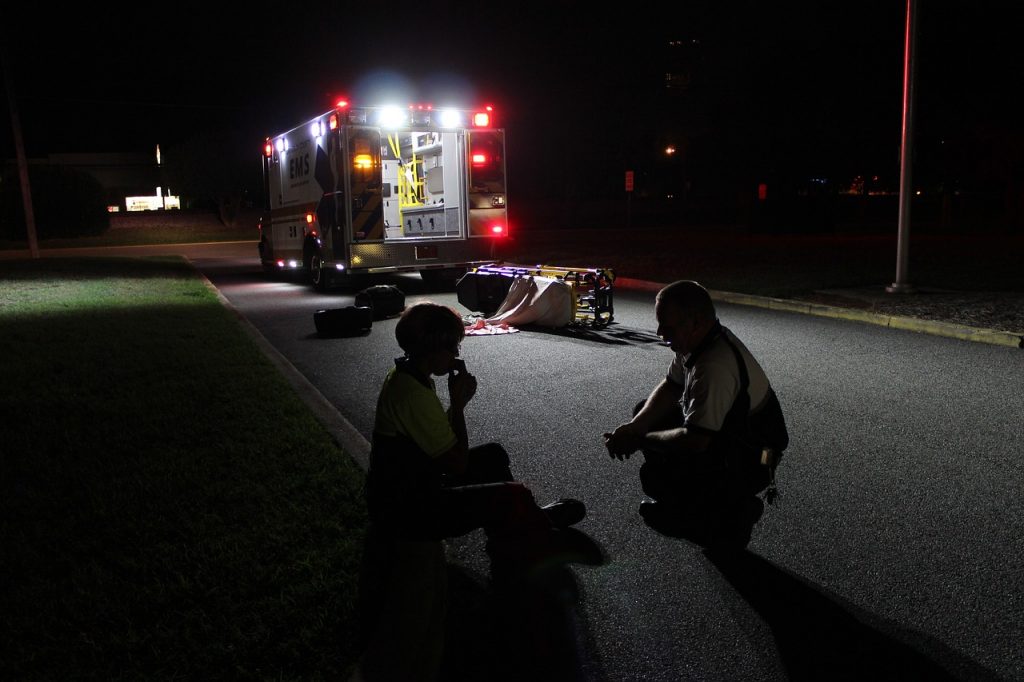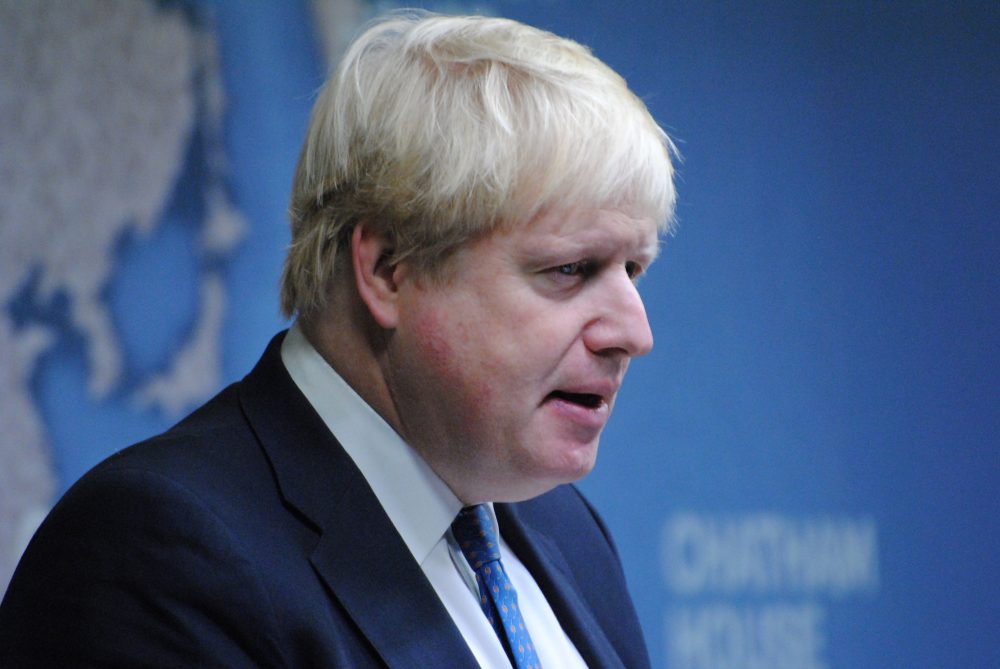Debate continues to rage as to what extent Tory leadership and prime ministerial candidate Boris Johnson has a right to privacy after police were called to his girlfriend’s home following a “loud altercation”.
The headlines have been dominated with news of police being called to Carrie Symonds’ home on Friday. But Johnson has repeatedly refused to offer an explanation as to what happened.
Speaking exclusively to the BBC last night (June 24), he said that he does not “talk about stuff involving [his] family” as it would be unfair to “drag” them into the debate.
But rival candidate and Foreign Secretary Jeremy Hunt has accused him of failing to hold himself to public scrutiny and labelled him a “coward”.
What does human rights law have to say on the matter?
The Right To Respect For Private And Family Life

Image Credit: Pixabay.
The right to respect for your private and family life is protected by Article 8 of the Convention on Human Rights.
This protects all citizens, including Johnson and other politicians, from arbitrary state interference in matters relating to their private and family life, their home and correspondence such as letters, telephone calls and emails.
It also curbs unnecessary media intrusion into private lives, for instance banning paparazzi from photographing people in situations where they have a reasonable expectation of privacy – even if in a public place.
In 2004, Naomi Campbell successfully sued the Mirror after it published photos of her standing outside Narcotics Anonymous accompanied with the headline “Naomi: I am a drug addict.” The court deemed she had a reasonable expectation of privacy when the photographs were taken, and so publishing them without her consent was a misuse of private information.
In this respect, the right to privacy is at times seen to be in tension with the right to freedom of expression, protected by Article 10 of the Convention. Nevertheless, the right to privacy is qualified.
This means that public authorities can take lawful and proportionate action to interfere in this right where it is deemed necessary to protect national security; public safety; the economy; health or morals; prevent disorder or crime; or the rights and freedoms of other people.
Press regulators IPSO and Impress also require that journalists only interfere in a person’s privacy when it can be clearly justified as in the public interest. This means it must expose serious impropriety or protect public health and safety, among other things.
Preventing Disorder Or Crime

Image Credit: Pixabay.
The fact that police attended the disturbance at Carrie Symonds house last week can be seen as placing an onus on Johnson to explain what happened.
In recordings of the altercation, heard by The Guardian, Carrie Symonds is reportedly heard shouting at Boris to “get off me” and “get out of my flat”. However, Johnson was not arrested or charged with any crimes.
Rather, police confirmed that they “spoke to all occupants of the address, who were all safe and well”.
And, in another apparent breach of privacy, an allegedly leaked picture of the couple sitting in a Sussex garden apparently in each other’s company has been said to contradict concerns their relationship could be abusive.
NOT STAGED AT ALL. pic.twitter.com/M4fuigyoUL
— Guy Walters (@guywalters) June 24, 2019
Issues Of National Security And The Economy

Image Credit: Unsplash.
As the frontrunner in the Tory leadership and prime ministerial race, the case can be made that Boris Johnson’s private life has implications for national security and the economy.
Allies of Johnson’s rival Jeremy Hunt have claimed that his tumultuous love life could pose security threats to the country if he becomes Prime Minister, by making him vulnerable to blackmail.
“There will be things in his private life that we don’t know about,” an anonymous source told the Times.
“There’s the danger that people leak what they have over him or blackmail him with it.”
Health Or Morals: Preventing The Public From Being Misled?

Image Credit: Zoriana Stakhniv on Unsplash
Some might make the argument that Johnson’s private life should be open to scrutiny in the interest of preventing the public from being misled in relation to his moral compass.
The Tory politician has four children with his second wife Marina Wheeler, with whom he separated last year.
But this could be seen a weaker argument given that Johnson has not positioned himself as an exemplar of traditional family values.
Reports of his alleged infidelities date back to 2004, when he was sacked from his role as spokesman on cultural affairs for the Conservative party after he was revealed to be having an affair.
Featured Image: Flickr.







